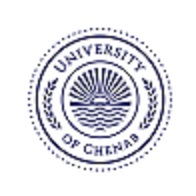THE IMPACT OF EDUCATION ON WOMEN EMPOWERMENT: A CASE STUDY OF RAWALPINDI DISTRICT
Abstract
Women's empowerment is a multidimensional idea encompassing economic, social, political, and other elements of life, implying that empowerment should be approached comprehensively. In this study the quantitative methodology is used. The purpose of this quantitative study is to investigate the multifaceted relationship between education, parents' education and digital literacy, and women's empowerment in marriage decision-making in Rawalpindi District. A questionnaire encompassing four key variables women’s education, parents' education, digital literacy, and marriage decision-making formed the foundation of this research, which used primary data collection tools. This study explores the relationship between education, parents' education, digital literacy, and women's empowerment in marriage decision-making in Rawalpindi District. The research found a significant correlation between women's education level and self-selected marriage decisions, while higher family-arranged marriages were linked to primary-level parental education. Additionally, improved digital literacy was linked to increased confidence in making marriage-related decisions. The study underscores the importance of empowering women and improving their access to education.
Downloads
Published
Issue
Section
License
Copyright (c) 2024 kanwal Islam (Author)

This work is licensed under a Creative Commons Attribution-NonCommercial-NoDerivatives 4.0 International License.













